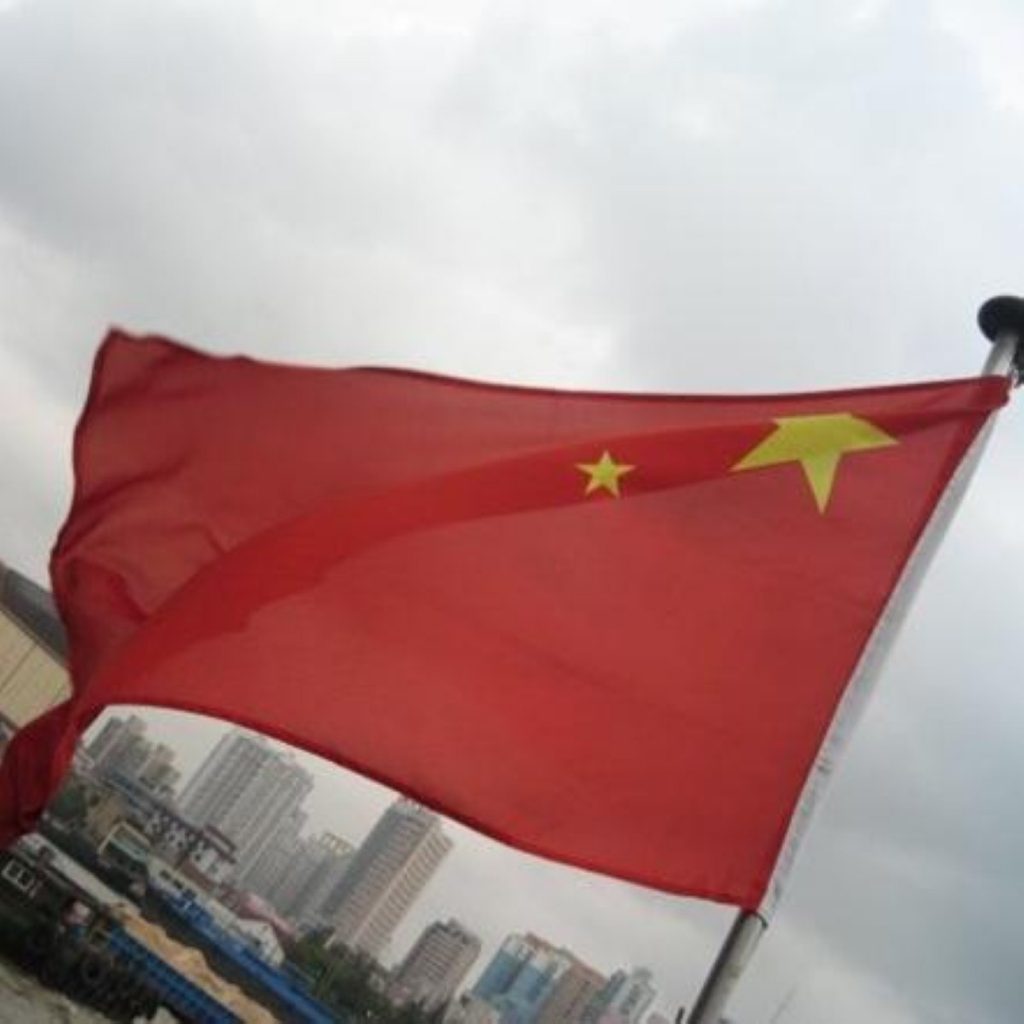MPs condemn China over North Korean refugees
North Koreans fleeing political persecution and starvation in China are being unfairly treated, MPs say today.
In a report on Japan and the Koreas published today, the foreign affairs committee accuses Beijing of failing to allow North Korean emigrants access to a determination-of-status process as required by the 1951 Refugee Convention.
It adds China repatriates North Koreans without ensuring that deportees will not be subject to persecution, torture or cruel and degrading treatment.
“China’s practice as regards North Korean emigrants places them in a distressing and dangerous situation,” today’s report states.


It calls on the British government to “press harder on the issue” and call for access to the border region for the UN’s refugee agency.
Media reports suggest China has strengthened its troop numbers on the border in a bid to prevent increasing attempts to escape North Korea.
Observers say the physical decline of reclusive North Korean leader Kim Jong-il has destabilised the Pyongyang regime in recent months, prompting the increased refugee numbers.
MPs are more upbeat about efforts to persuade North Korea to abandon its nuclear weapons.
Six-party talks involving the US, the two Koreans, Japan, China and the UN have run into difficulties but MPs say they are better than bilateral US-North Korea negotiations.
The report even suggests Japan could normalise its relations with North Korea, despite the nuclear issue and that of North Korea’s abduction of Japanese nationals.
It suggests the north-east Asian region could learn from Europe’s experiences in dealing with its “interlocking and highly delicate inter-state relationships”.
“Although there is no question of replicating European institutions in East Asia, there are some aspects of the European experience which might usefully be drawn on in the region, in terms especially of the mitigation of historical and territorial disputes, and that the strengthening of standing forums for regularised security dialogue among regional states would be welcome,” it recommends.









